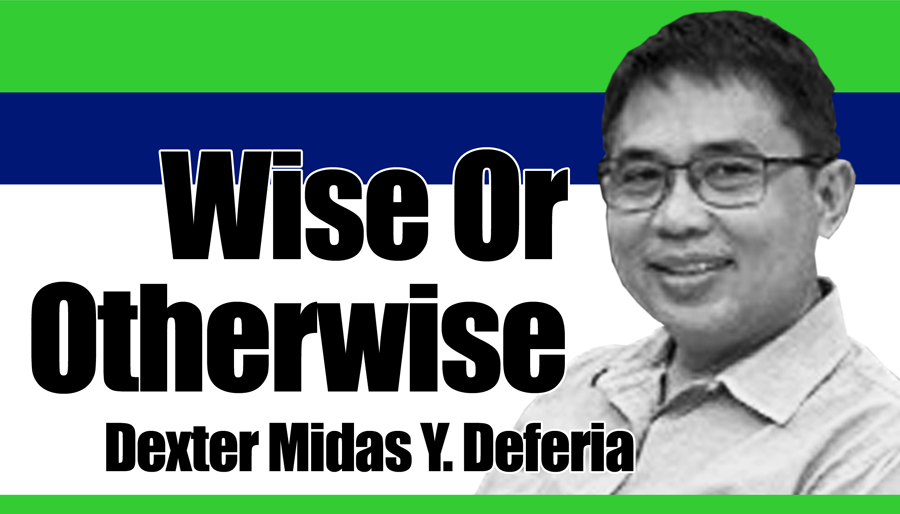
Recent elections bring a mix of triumphs and disappointments, but they also signal shifts in public sentiment and governance.
Politics in the Philippines is deeply personal and passionate. The willingness of some to defend their candidates fervently-even to the point of risking their lives-speaks volumes about how intertwined politics is with identity, community, and hope for change.
Isko Moreno’s first term as Manila mayor was notable for bold initiatives, especially in areas like Divisoria and Quiapo, which are commercial hubs with complex challenges. His re-election raises expectations for continued transformation, urban renewal, and improved public services. Many are eager to see if he can sustain or even surpass his previous accomplishments.
Vico Sotto’s re-election as Pasig mayor reflects a broader desire for fresh, transparent, and progressive leadership. His governance style has become a benchmark, inspiring citizens and even residents of other cities to wish for similar leadership. His success underscores the importance of integrity and innovation in local governance.
The election of younger leaders like Congressman Albee Benitez and Mayor Greg Gasataya in Bacolod signals a generational shift in leadership preferences. It highlights how electorates are increasingly valuing new ideas and energy, while also balancing experience.
Mayor Immanuel Isulat Aranda has returned as the elected city executive after a three-year absence in Binalbagan. Interestingly, Tito Manuel, my mother’s cousin, came from the Ysulat’s of Dao, Antique. His mother’s family’s original surname was actually Ysulat, which over time evolved to Isulat for various reasons. I have met Mayor Aranda several times at family gatherings, and I’m truly happy to see him back in office, especially knowing the political challenges he has faced in the past.
The defeat of Senator Cynthia Villar by Mark Anthony Santos marks a significant political shift in Las Piñas. After decades of Villar family dominance, this change reflects the electorate’s call for new leadership and fresh perspectives. It also allows Senator Villar a well-deserved opportunity to focus on family and personal life.
In Cavite, the political landscape remains dominated by influential families like the Revillas and Remullas. While Mayor Strike Revilla and Congresswoman Lanie Mercado Revilla ran unopposed, Senator Bong Revilla’s loss to the Senate shows that even established political dynasties face challenges. Their continued presence, however, underscores the enduring nature of political clans in the region.
Elections in the Philippines are a vivid reflection of societal change, aspirations, and the complex interplay of tradition and progress.
While some politicians maintain their hold, others are replaced by new leaders who promise reform and innovation. This dynamic keeps the democratic process alive and responsive to the people’s evolving needs.
Now that the elections are behind us, it’s indeed time for us to refocus on our daily lives and responsibilities. As I told Chef Jojo Javier, “each man to paddle his own canoe.” The essence of self-reliance-our daily bread depends largely on our own efforts, not solely on the promises or actions of newly elected officials.
While it’s natural to hope that leaders will improve our communities, it’s also crucial to remember that they may not even be fully aware of each individual’s existence or struggles. Therefore, taking charge of our own lives, making steady progress, and supporting one another on a personal level remains essential. ||



